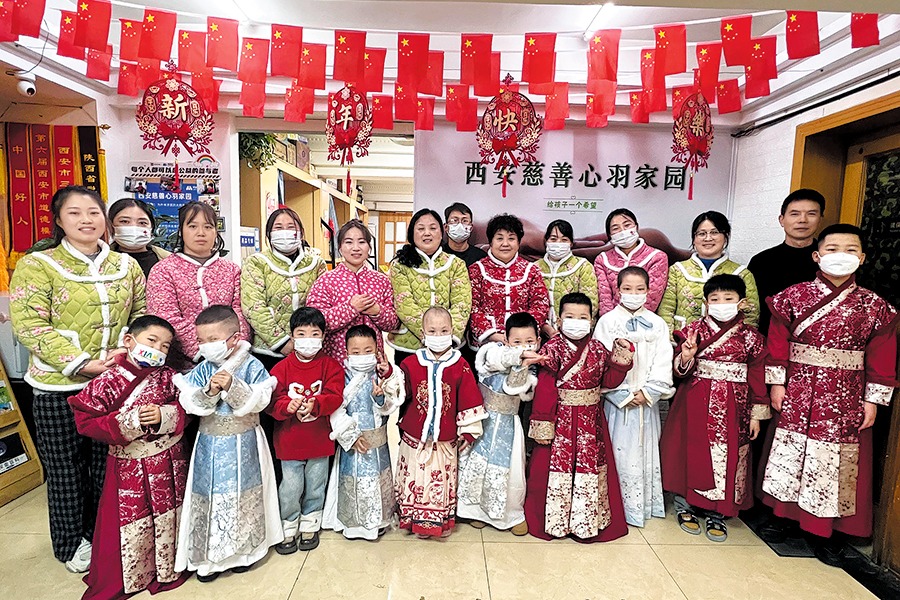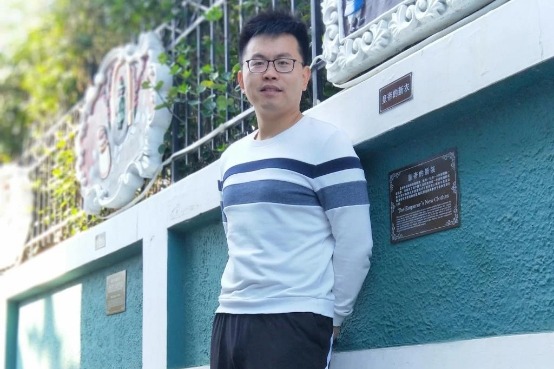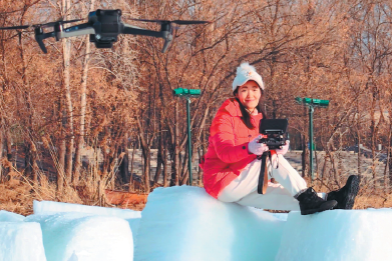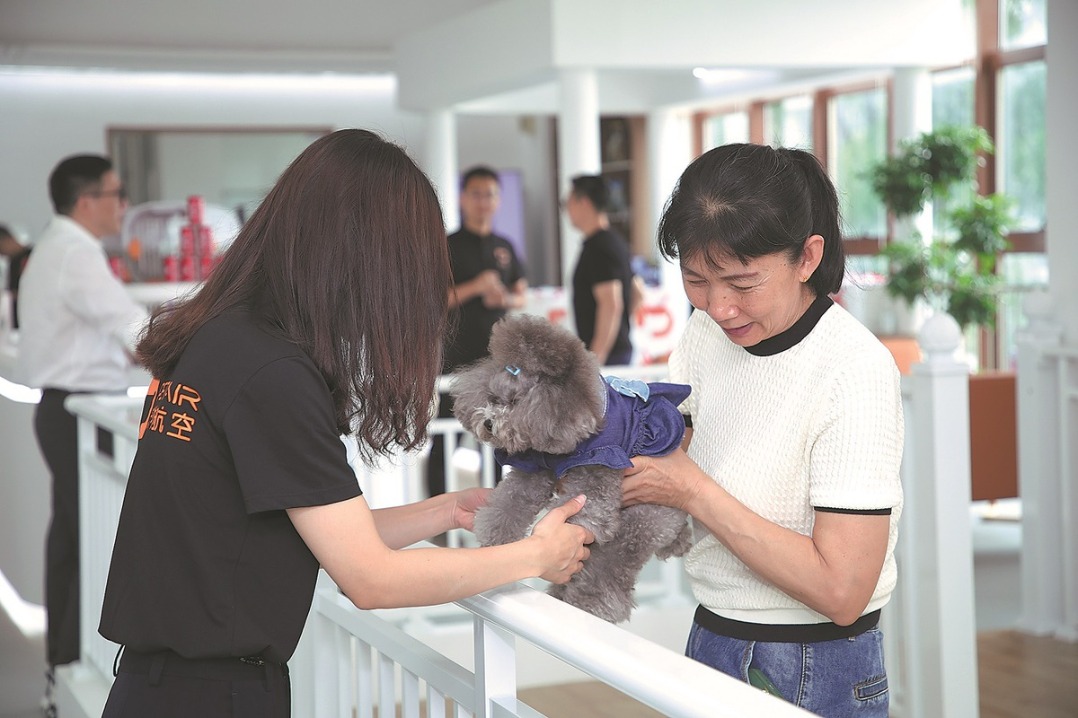Animal husbandry expert stays rooted to remote prefecture for 38 years


Song Rende, an animal husbandry expert, has dedicated himself to a remote prefecture on the Qinghai-Tibet Plateau for 38 years to promote advanced cultivation technologies and improve herders' living standards.
The vast grasslands at an altitude of over 4,400 meters in Yushu Tibetan autonomous prefecture, Northwest China's Qinghai province, are where Song and his colleagues often conduct their work. They take measurements on yaks, monitor livestock diseases, survey animal husbandry resources, and teach local herders new livestock-raising skills.
Song, 58, is the director of animal disease prevention and control center of Yushu prefecture, and the head of a technology station focusing on cattle and yak industry.
Harsh working conditions over the year have left Song unforgettable memories. "There were only desolate mountains, and the roads were bumpy, with dilapidated houses and sparse trees alongside," Song said, recalling what Yushu looked when he started his career.
"I remember in Qumarleb county, we did measurement work during the day and slept in tents that kept out neither wind nor rain at night. The wet smell even lingered in my dream," Song said.
"Once, we were traveling through large wetlands, and the car got stuck. We had to put our clothes under the wheels and push the car hard to make it move. It took 16 hours to cover 90-plus kilometers," Song added.
Despite the tough situations, Song, a local, remained enthusiastic about his career and made persistent contributions to his hometown over the decades.
"Receiving hot tea from fellow villagers, traversing the plateau roads repeatedly, and witnessing the gradual improvement, I feel a strong emotional connection with other locals," Song said.
Song became interested in the livestock industry at a young age. As early as the 1970s, he started herding yaks and chose to major in husbandry and veterinary medicine when he entered college.
He had opportunities to stay in the college as a teacher after graduation or do research in foreign universities and scientific research institutions. However, he turned down the invitations and went back to his hometown without hesitation.
When he went abroad to study in 1995, Song was exposed to developed ranches and advanced breading technologies. He determined to acquire the advanced technologies and bring them back to his hometown to help the farmers and rancher.
"My research field has never left Qinghai-Tibet Plateau. I have to go back," Song said when he finished his doctoral degree.
Over the years, Song and his team have founded 18 national meat yak industrial technology demonstration bases in Yushu prefecture, raising the income of herders. They have also offered agricultural technology services in the forms of theoretical guidance, on-site demonstration, skill training, etc., and assisted more than 10,000 households of ranchers to alter breeding methods and improve culture benefits.
"Taking good care of the grassland, the cattle and sheep is to retain the folks' hope of living a wealthier life. How could we not put all of our effort in it? We will continue looking for good technologies that can make herders prosper," Song said.






























